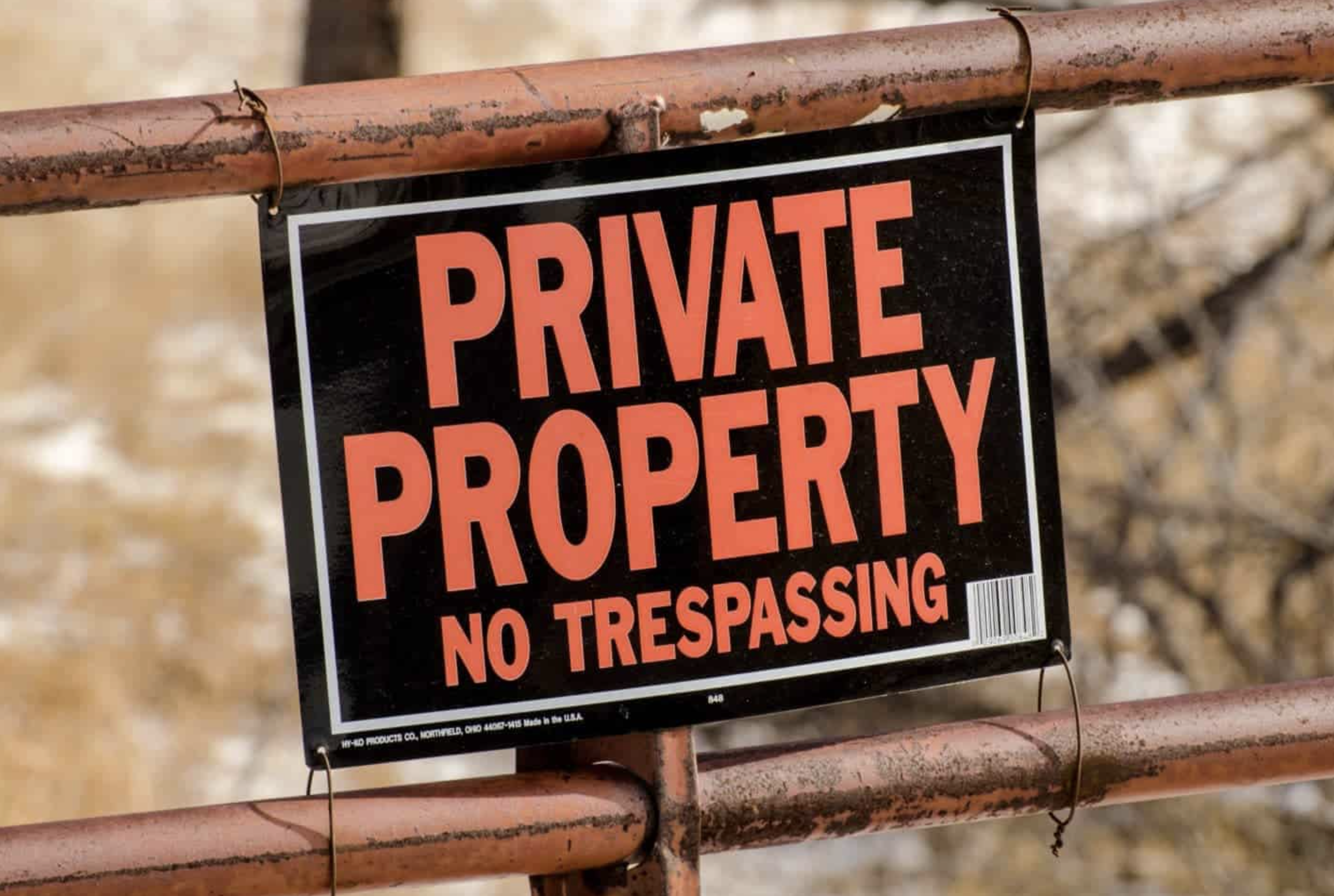The permission of the occupier may be given expressly, or implied from the circumstances. A licence to enter will be implied in certain circumstances, unless something in the facts is capable of founding the conclusion that any such implied licence was negated or revoked: Halliday v Nevill (7) (Gibbs CJ, Mason, Wilson & Deane JJ). Consent to an entry will be implied if the person entering on the land does so for a lawful purpose: Plenty v Dillon (647) (Gaudron & McHugh JJ); Robson v Hallett [1967] 2 QB 939, 951 (Lord Parker CJ). The implication of a licence will be precluded by an express or implied refusal of it, and an implied licence may be revoked at any time by an express or implied withdrawal of it: Halliday v Nevill (7) (Gibbs CJ, Mason, Wilson & Deane JJ).
Entry onto another person's land without the permission of the occupier, or otherwise with lawful authority, will constitute a trespass: Kur u v The State of New South Wales (2008) 236 CLR 1 [43] (Gleeson CJ, Gummow, Kirby & Hayne JJ); Plenty v Dillon (1991) 171 CLR 635, 639 (Mason CJ, Brennan & Toohey JJ), 647 (Gaudron & McHugh JJ); Coco v The Queen (1 994) 179 CLR 427, 435 (Mason CJ, Brennan, Gaudron & McHugh JJ). Whether an occupier has granted a licence to another person to enter on the land is a question of fact: Halliday v Nevill (1984) 155 CLR 1, 6 - 7 (Gibbs CJ, Mason, Wilson & Deane JJ).
[114] The decision of the High Court in 2000] NSWCA 152 ; (2000) 49 NSWLR 78: Adams v Kennedy [New South Wales v Ibbett [2006] HCA 57 ; (2006) 229 CLR 638
confirmed that exemplary damages may be awarded against a person who, although not personally responsible for the commission of the relevant tort, is vicariously liable in respect of such a tort and that there is no barrier to the award of such damages against a State in respect of conduct of police officers for whose torts the State is responsible. The plurality judgment in that case approved the following observation of Priestley JA in That figure [of exemplary damages] should indicate my view that the conduct of the [police officer] defendants was reprehensible, [and] mark the court’s disapproval of it. The amount should also be such as to bring home to those officials of the State who are responsible for the overseeing of the police force that police officers must be trained and disciplined so that abuses of the kind that occurred in the present case do not happen ( A dams at 87 ; Ibbett at [51] ).
72 pages As Highlighted.
If you appreciate our work, please click here to make a donation
